Search
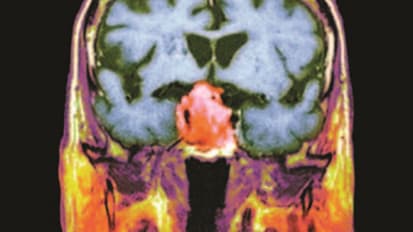 Document
Document
California Center for Pituitary Disorders
The California Center for Pituitary Disorders is the largest practice for pituitary disorders in the United States & performs more pituitary surgeries than any other medical center in the U.S. Document
Document
Comprehensive Sarcoidosis Management and Treatment
Diagnosing sarcoidosis is a challenging process. UCSF’s team of specialists are experts in diagnosing and treating this elusive chronic condition. Video
Video
Meet the Doctor: Dr. Christina Allen
Get to know Dr. Christina Allen, an Orthopedics Sports Medicine surgeon at UCSF. Video
Video
Meet the Doctor: Dr. Brian Feeley
Get to Dr. Brian Feeley, an Orthopedic surgeon at USCF.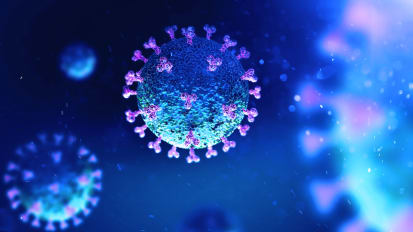 Video
Video
Exploring Potential Treatment Options for COVID-19
Annie Luetkemeyer, MD, professor of infectious diseases at UCSF, is an expert on the treatment of viral infections. On March 24, 2020, Robert Wachter, MD, chair of the Department of Medicine at UCSF, interviewed her on the evidence behind potential treatments for COVID-19 as well as how to assess new and existing drugs in a pandemic. Video
Video
Shoulder Tutorial: What the Primary Care Doctor Needs to Know
In less than an hour, orthopedic surgeon Dr. Brian Feeley sets you up to diagnose common shoulder problems, including three simple questions to ask, a three-minute hands-on exam, worthwhile tests (and time wasters) and an update on the best new (and standard) therapies.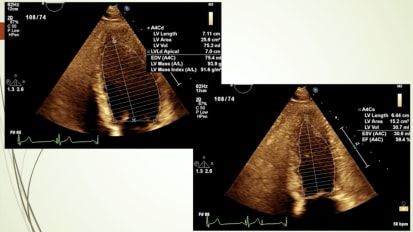 Video
Video
Introduction to Strain Imaging Echocardiography
Clifton Watt, MD, explains that echocardiography is one of the most common noninvasive tools used in cardiology to date, while strain imaging is a supplementary way to assess myocardial function.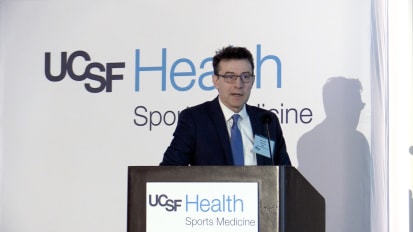 Video
Video
Aggressive Versus Conservative Approaches to Knee and Shoulder Injuries
When is surgery the best choice? And which surgery will have the best outcome? Conventional wisdom has shifted in many cases. Learn which factors to weigh in determining whether to recommend surgery, injections, PT or other types of conservative management. Video
Video
A Systematic Guide to Knee Pain
You’re likely to see just four types of knee injury in practice, but tests and treatments vary depending on your patient’s age and goals. Sports medicine doctor Brian Feeley, MD, sets out his straightforward system for assessing and addressing arthritis, meniscus tears and other causes of knee pain. Video
Video
PRP and Stem Cell Injections in Orthopedic Medicine: Hype Versus Reality
Patients are hearing that injections of platelet-rich plasma or stem cells will heal injuries and arthritis, but the evidence is mixed. Orthopedic surgeon Drew Lansdown, MD, explains the formulations, when to consider their use and how to answer your patients’ questions.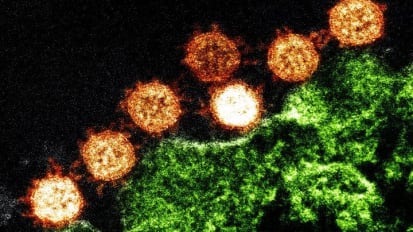 News
News
As Mysterious Coronavirus Spreads, An Infectious Disease Expert Explains What You Should Know
A new coronavirus, related to the SARS and MERS diseases that have caused epidemics, has been discovered in China and started to spread. Document
Document
Cancer Services Referral Directory
One of the primary objectives at the UCSF Helen Diller Family Comprehensive Cancer Center is to be a partner in care, supporting patients’ treatments and providing physicians with efficient access to our services. Video
Video
Tour UCSF Bakar Cancer Hospital
UCSF Bakar Cancer Hospital represents the culmination of the science and expertise that has made our cancer program second to none.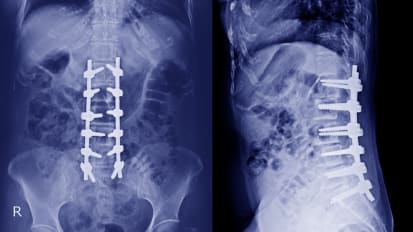 Video
Video
Healthcare Reform Spine Surgery: Decision Making Stakeholders Perspectives and Moral Hazard
In this lecture Sigurd Berven, MD, discusses the decision making in complex spinal surgery and how to make informed decisions for the patients, to help them receive the outcomes they are expecting. Video
Video
Using VADs in Advanced Heart Failure: Caring for a Growing Population
With heart failure’s prevalence and poor prognosis, it’s important to understand the difference VADs can make. Cardiologist Dr. Liviu Klein discusses the latest devices, implantation techniques and monitoring methods, as well as outcomes and best candidates. Video
Video
Integrative Cancer Care
As part of the educational lecture series provided to the UCSF Neuro-Oncology Brain Tumor Support Group, Dr. Donald Abrams shared insights into integrative cancer care. Video
Video
UCSF Neuro-Oncology Caregiver Retreat 2019: Introduction
Susan Chang, MD, is the director of the UCSF Division of Neuro-Oncology. This lecture aims to foster resilience through knowledge and self-compassion.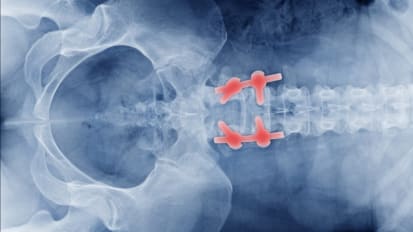 Video
Video
Complex Spine Surgery: Secrets of Successful Closure
Dr. Scott Hansen discusses techniques, options and strategies to stabilize soft tissues and prevent post-op wound complications, even in the most challenging cases.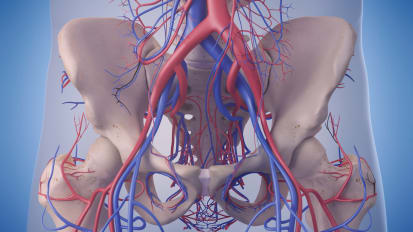 Video
Video
Optimize Spinal Surgery Outcomes Through Teamwork
Vascular surgeon Dr. Charles Eichler discusses UCSF’s success with including vascular surgeons in lumbar fusion procedures and finding the least invasive approach for each patient. Document
Document
2019-20 Referral Services Guide
UCSF Health is recognized throughout the world for innovative treatments, advanced technology, collaboration among clinicians and scientists, and a highly compassionate team of patient care providers. Document
Document
Oral Dysplasia Program
Oral dysplasia patients at UCSF benefit from an internationally recognized team of multidisciplinary experts with the highest level of expertise in this difficult-to-manage and often unpredictable disease.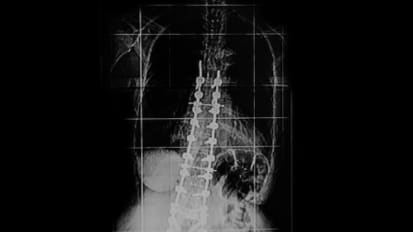 Video
Video
Considerations for Deformity Surgery in the Young Adult
In this presentation Lionel N. Metz, MD, will discuss considerations for the young adult deformity patient, case examples, common pitfalls and modes of failure, and causes of pain after adult reconstruction. Video
Video
Adrenal Tumors and Posterior Retroperitoneoscopic Adrenalectomy (PRA): A Case Study
Sanziana Roman, MD, an endocrine surgeon, discusses a patient’s treatment for a tumor in the retroperitoneum, near the adrenal gland.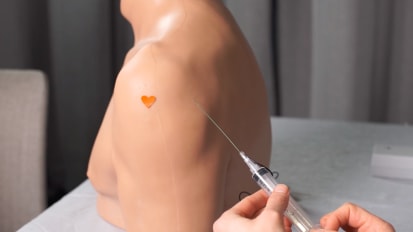 Video
Video
How to Do a Subacromial Shoulder Injection
Carlin Senter, MD, and Elizabeth Marshall, MD, discuss how to perform a subacromial shoulder injection, focusing on the supplies needed and the proper anatomic landmarks, including the advantages of both the posterior and lateral approaches for injection.

